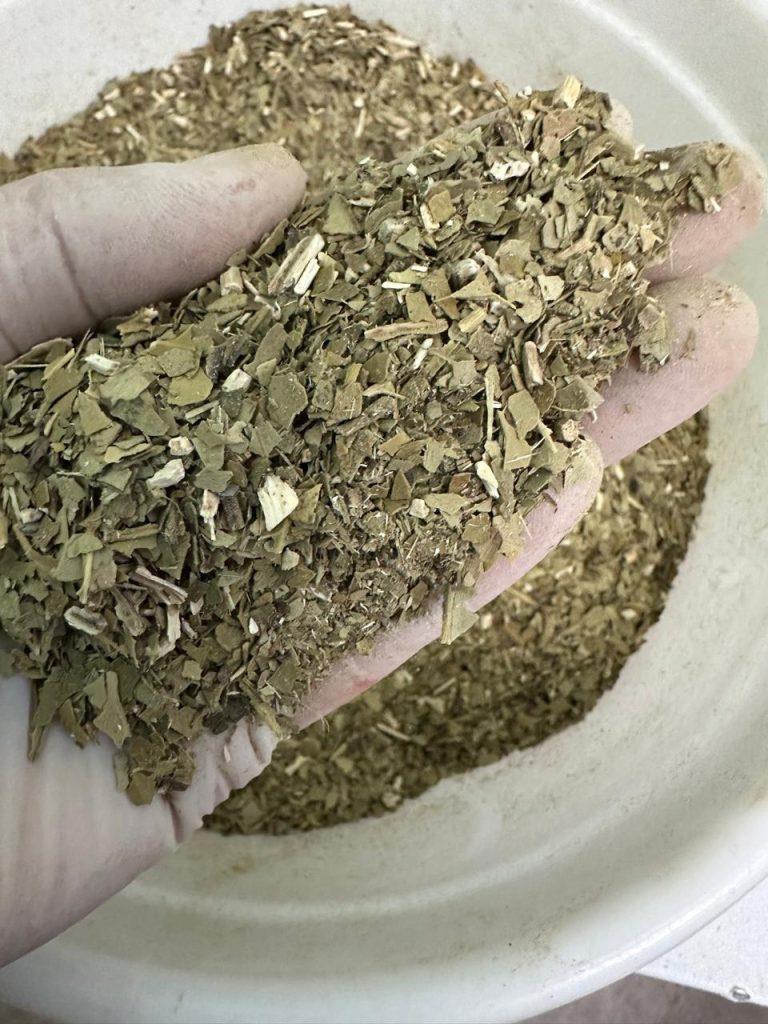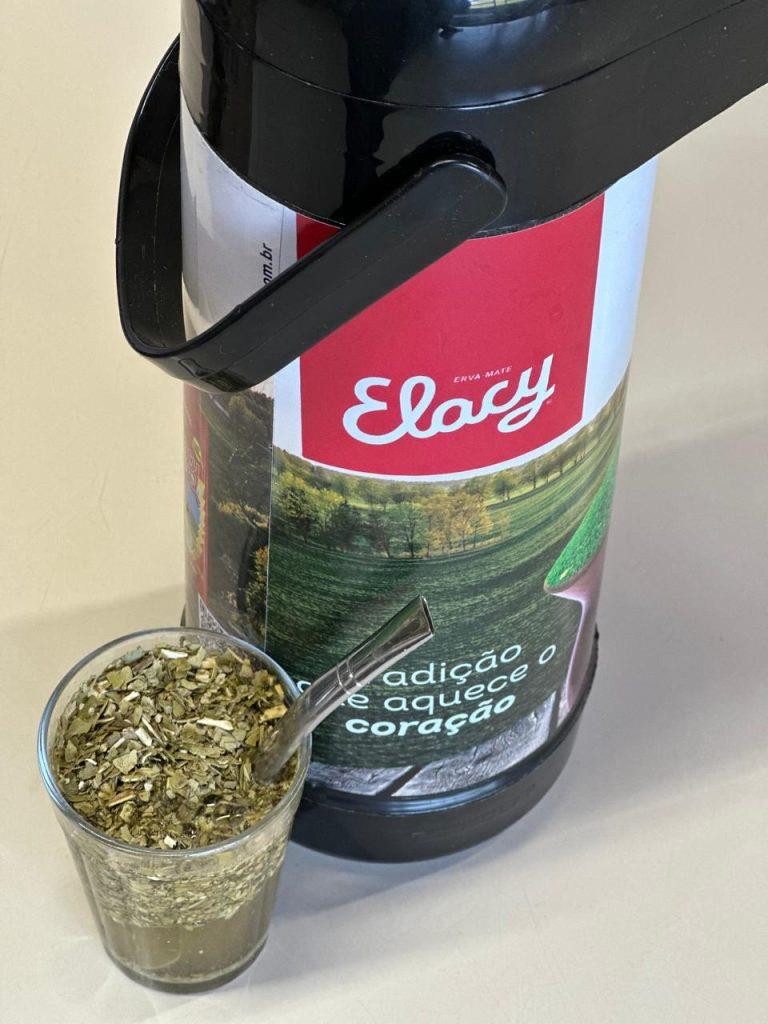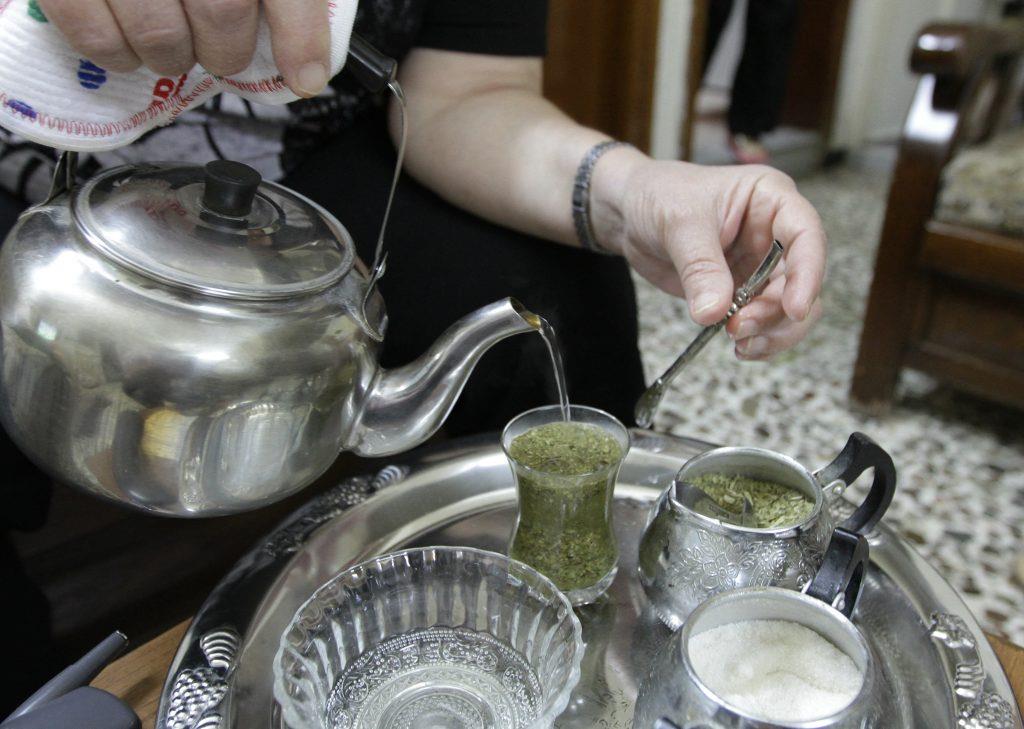
Syria Boosts Yerba Mate Imports From Brazil

The yerba mate sent to Syria is of the Argentine standard
“The volume sold increased twelvefold. In monetary terms, Syrian imports of Brazilian yerba mate also soared, rising from USD 441.4 thousand to USD 5.2 million in the same comparison. As a result, Syria became the third largest market for Brazilian yerba mate abroad.
The company responsible for this achievement is Agroindustrial Elacy , headquartered in Venâncio Aires, Rio Grande do Sul state, with Gilberto Luiz Heck as managing partner. Heck is also the president of the Yerba Mate Industry Union of the State of Rio Grande do Sul (Sindimate-RS ) and a member of the board of the Brazilian Yerba Mate Institute (Ibramate ).
Heck explains that Elacy partnered with Argentine company La Cachuera, producer of the Amanda brand, through which they supply the Syrians. Argentina is responsible for almost 100% of yerba mate supply to the Arab country.“Syria is a major consumer of yerba mate, but they consume it in the same style as Argentina. The yerba must be aged. We let it mature for a year, a year and a half, before sending it to Syria,” he says.
Argentine yerba has larger chopped leaves, some stems, little dust, and is aged, resting for a long period before being sold. Brazilian yerba, on the other hand, is very green and primarily composed of fine dust. Heck explains that green yerba in the Brazilian style is consumed only in Brazil, while in all other countries, the demand is for aged yerba.
Elacy among the Arabs
Elacy has its headquarters in Venâncio Aires and a facility in Cruz Machado, Paraná state
To cater to the Syrian market, Elacy produced the volume to be shipped to the Arab country in the Argentine style. Heck explains that initially they made a mix of Brazilian yerba and that of the Argentine partner, which is imported by Brazil, was made, but Elacy's product proportion gradually increased.“We gradually advanced the participation of Brazilian yerba for blending purposes,” Heck explains. However, he says, the shipments are expected to eventually consist of 100% Brazilian yerba mate – in the Argentine style, of course.
Heck explains that Syria has a company that is a major importer of yerba mate, which packages and sells the product under its own brand as well as those of its suppliers. This importer even owns a yerba mate plant in Argentina, according to Heck. Elacy delivers its yerba in bulk to the Syrian company.
Mate in Syria?But how come an Arab country consume chimarrão or mate? According to Heck, the custom was adopted due to Syria's immigration ties with South America. Syrian immigrants who lived in South American countries and returned to Syria ended up spreading the habit, which was also fueled by visits to Syria from relatives who remained in South American nations.

Woman serving mate in Syria: Photo from 2010
In Syria, the product is primarily called mate, as in most South American countries. In Brazil, the product is also referred to as chimarrão. Unlike Brazilians, who share the chimarrão gourd, Syrians drink mate individually, each in their own small cup or gourd, using only the hot water collectively, Heck explains.
Heck is optimistic about the possibilities for expanding yerba mate exports. He sees opportunities for the product in various niches and recognizes the potential demand in the Arab market. With the many Syrians who have left the country in recent years, the consumption of mate has also spread to other nations in the Middle East.“The market that's currently experiencing the strongest growth is the Arab,” he says.
Global suppliersCurrently, yerba mate production is concentrated in the north of Paraguay, northeast of Argentina, and southern Brazil, with these three countries responsible for supplying everything consumed worldwide, according to the president of Sindimate-RS. Brazil is the largest producer, with companies in the sector concentrated in the states of Rio Grande do Sul, Santa Catarina, and Paraná, and some in Mato Grosso do Sul. Heck estimates that about 50% of national production caters to the domestic market, while the remainder is exported.
Despite producing a lot of yerba according to the preferences of the domestic market, Brazil also adapts to the variations demanded by international consumers. According to Heck, Uruguay is Brazil's largest market abroad and has the highest per capita consumption in the world.“But Uruguay is a small country, whose population is not growing but shrinking, so we sought new horizons,” he says, regarding the expansion.
Data from the Brazil's trade ministry shows that from January to August, Brazil grossed USD 44.5 million from yerba mate exports to Uruguay. This represented a small increase of 2.2% compared to the same period the previous year. The second largest market abroad during these months was Argentina, with USD 9.6 million and a rise of 65.5%, followed by Syria. In total, Brazilian mate exports reached USD 70.1 million from January to August 2024, marking an increase of 23.1%.
Read more:
Brazil's exports to Syria up, imports down
Translated by Guilherme Miranda
Supplied/ElacySupplied/ElacySupplied/ElacyThe post Syria boosts yerba mate imports from Brazil appeared first on ANBA News Agency .
.jpg)
Legal Disclaimer:
MENAFN provides the information “as is” without warranty of any kind. We do not accept any responsibility or liability for the accuracy, content, images, videos, licenses, completeness, legality, or reliability of the information contained in this article. If you have any complaints or copyright issues related to this article, kindly contact the provider above.





















Comments
No comment